From Foundation to Finish: A Comprehensive Guide to House Building Timelines and Their Influential Factors
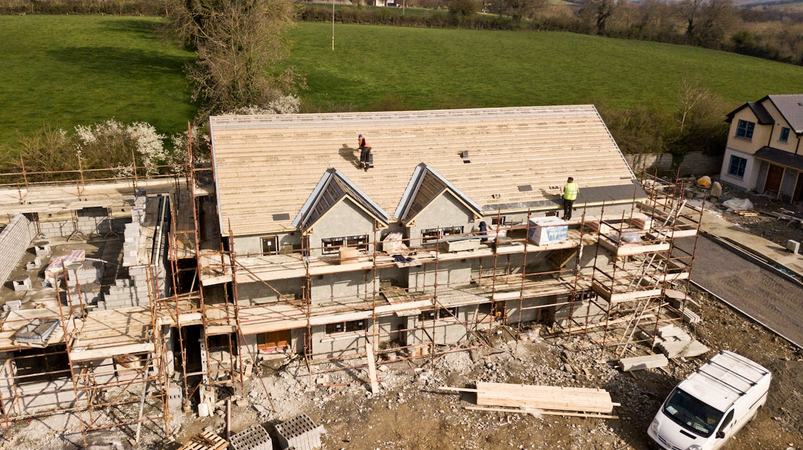
Building your dream home is an exhilarating journey, but it can also feel like navigating a complex maze. With countless decisions to make and timelines to consider, how do you ensure that your vision becomes a reality without unnecessary delays? Welcome to “From Foundation to Finish,” where we unravel the intricate tapestry of house-building timelines and explore the influential factors that shape them. Whether you’re a first-time homeowner or a seasoned builder looking for insights, this comprehensive guide will equip you with all the knowledge you need to manage expectations and stay on track.
Get ready to dive into the world of construction schedules, learn about potential roadblocks, and discover tips for keeping your project on schedule—all while turning your dream abode into a tangible masterpiece.
Pre-Construction Phase
Extensive planning is essential before the ground is broken. This phase includes architectural design, securing permits, and finalizing financing. Architectural design typically takes 2 to 6 months, depending on complexity and revisions. Municipal permits and zoning approvals can add several weeks to months, as regulations vary by location and project scope. Financing approval, crucial for securing construction loans, also factors into pre-construction timelines.
Site Preparation and Foundation
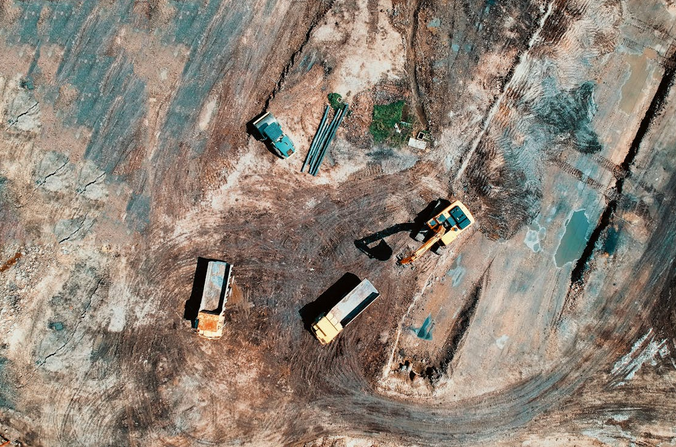
Once permits are secured, site preparation commences. Clearing, excavation, and foundation laying are critical steps, usually taking 1 to 3 months. Soil conditions and weather can influence timelines, with adverse conditions potentially causing delays. Foundation work must be precise, setting the stage for the entire structure’s stability and longevity. The Aachener Zeitung site states that the excavation for a typical home takes about 4 days, with foundation work taking an additional 5 to 6 days.
Framing and Structural Work
Framing marks the visible emergence of your home’s structure. This phase typically lasts 3 to 6 months, depending on the home’s size and complexity. Skilled carpenters construct the framework, followed by the installation of walls, roofs, and windows. Structural integrity is paramount, ensuring the home meets safety and building code requirements.
Mechanical Systems Installation
Installing mechanical systems such as plumbing, electrical wiring, and HVAC (Heating, Ventilation, and Air Conditioning) is a pivotal stage. This phase, lasting approximately 2 to 4 months, demands coordination between specialists to ensure seamless integration. Compliance with safety codes and energy efficiency standards is carefully monitored.
Interior Finishes
Interior finishes transform the house into a home, encompassing flooring, cabinetry, and fixtures. This stage spans 2 to 6 months, depending on customization and material availability. Craftsmanship and attention to detail are crucial, reflecting personal style while adhering to functional needs.
Exterior Finishes and Landscaping
The final touches include exterior finishes such as siding, painting, and landscaping. Weather can impact exterior work timelines, but this phase typically lasts 1 to 3 months. Landscaping enhances curb appeal and environmental sustainability, harmonizing with the home’s architectural style.
Final Inspections and Occupancy

Before occupancy, final inspections ensure compliance with building codes and safety standards. These inspections, conducted by local authorities, confirm the home is ready for habitation. Timelines for inspections vary, typically taking a few weeks. Upon approval, you receive the occupancy permit, marking the culmination of your home-building journey.
Factors Influencing Timelines
Several factors can influence house-building timelines beyond the construction phases themselves. External factors such as weather conditions, material shortages, and labor availability can cause delays. Effective project management, clear communication with contractors, and proactive issue resolution mitigate these challenges.
Building a home involves a series of meticulously orchestrated steps, each contributing to the overall timeline. From initial planning and permitting to construction phases and final inspections, understanding these stages empowers homeowners to navigate the process with confidence. While timelines vary based on location, project complexity, and unforeseen circumstances, diligent preparation and collaboration with experienced professionals streamline the journey. By embracing the journey of building a home, you embark on creating a space uniquely tailored to your lifestyle and vision.…


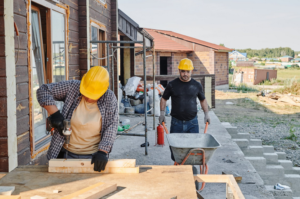 A reliable contractor can help you save money by helping to ensure that all of your deadlines are met. They will also keep track of any expenses or changes so that you don’t go over budget and stay within the confines of what’s originally agreed upon in your contract. As a result, it’s crucial that you do your research and read through the contract carefully to ensure that everything is in order.
A reliable contractor can help you save money by helping to ensure that all of your deadlines are met. They will also keep track of any expenses or changes so that you don’t go over budget and stay within the confines of what’s originally agreed upon in your contract. As a result, it’s crucial that you do your research and read through the contract carefully to ensure that everything is in order.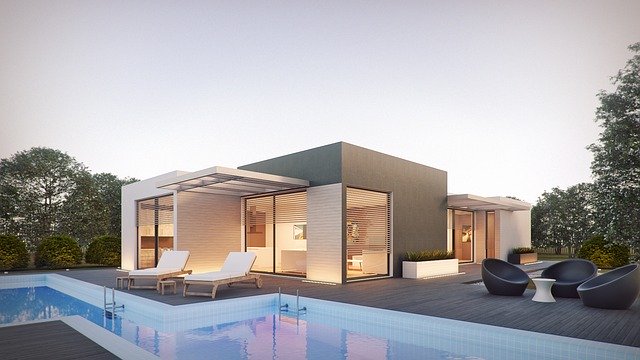
 Within a couple of weeks of sequence interval, your home is ready. Since each room is assembled in a factory outlet, all you have to do is place your order along with the prefab house builders, and your residence is constructed, transported to a site, then gather. On the other hand, a traditional house can take a few months or maybe annually.
Within a couple of weeks of sequence interval, your home is ready. Since each room is assembled in a factory outlet, all you have to do is place your order along with the prefab house builders, and your residence is constructed, transported to a site, then gather. On the other hand, a traditional house can take a few months or maybe annually.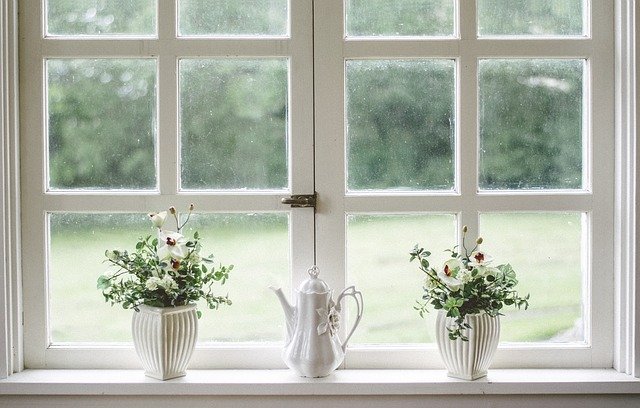
 As individuals are flattering more understanding about the environment, the dependence on eco-friendly greenhouses is growing.
As individuals are flattering more understanding about the environment, the dependence on eco-friendly greenhouses is growing.
